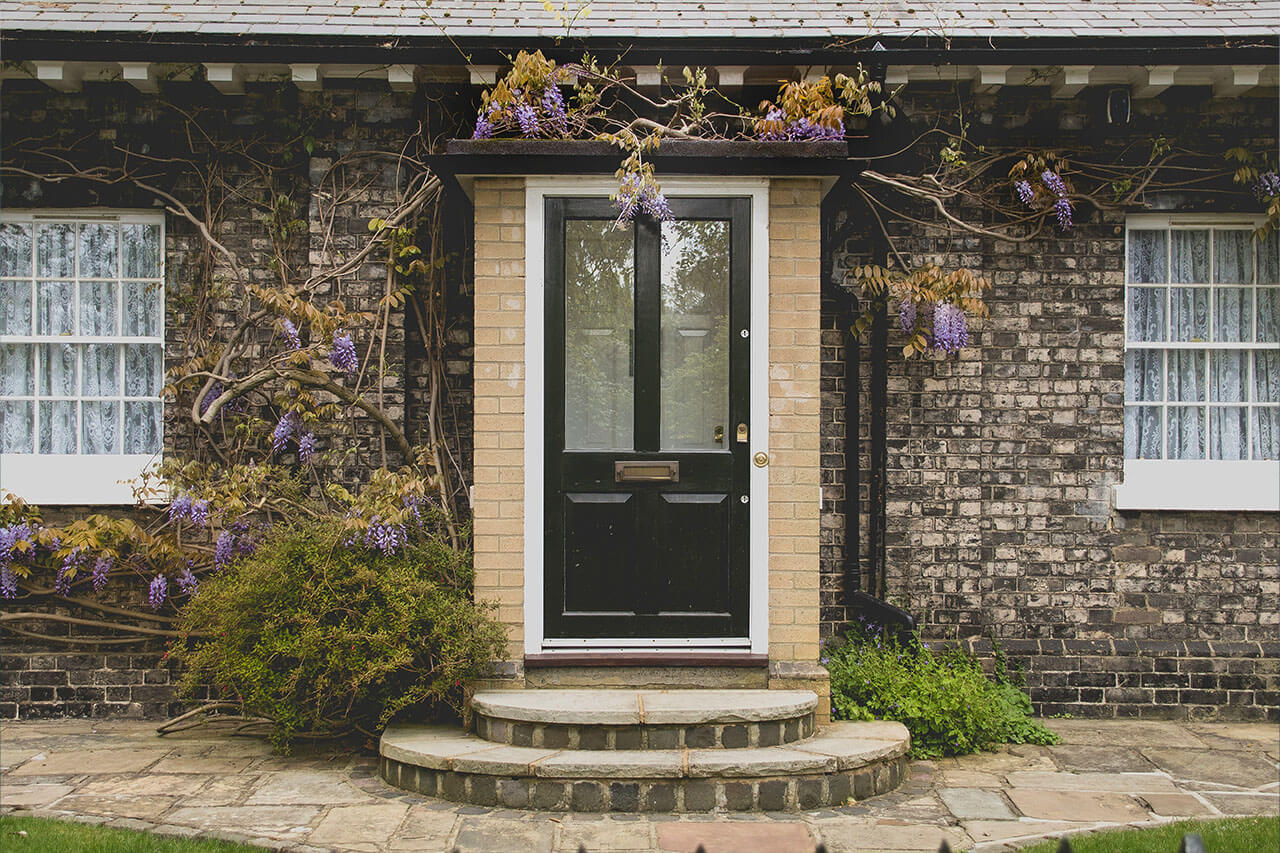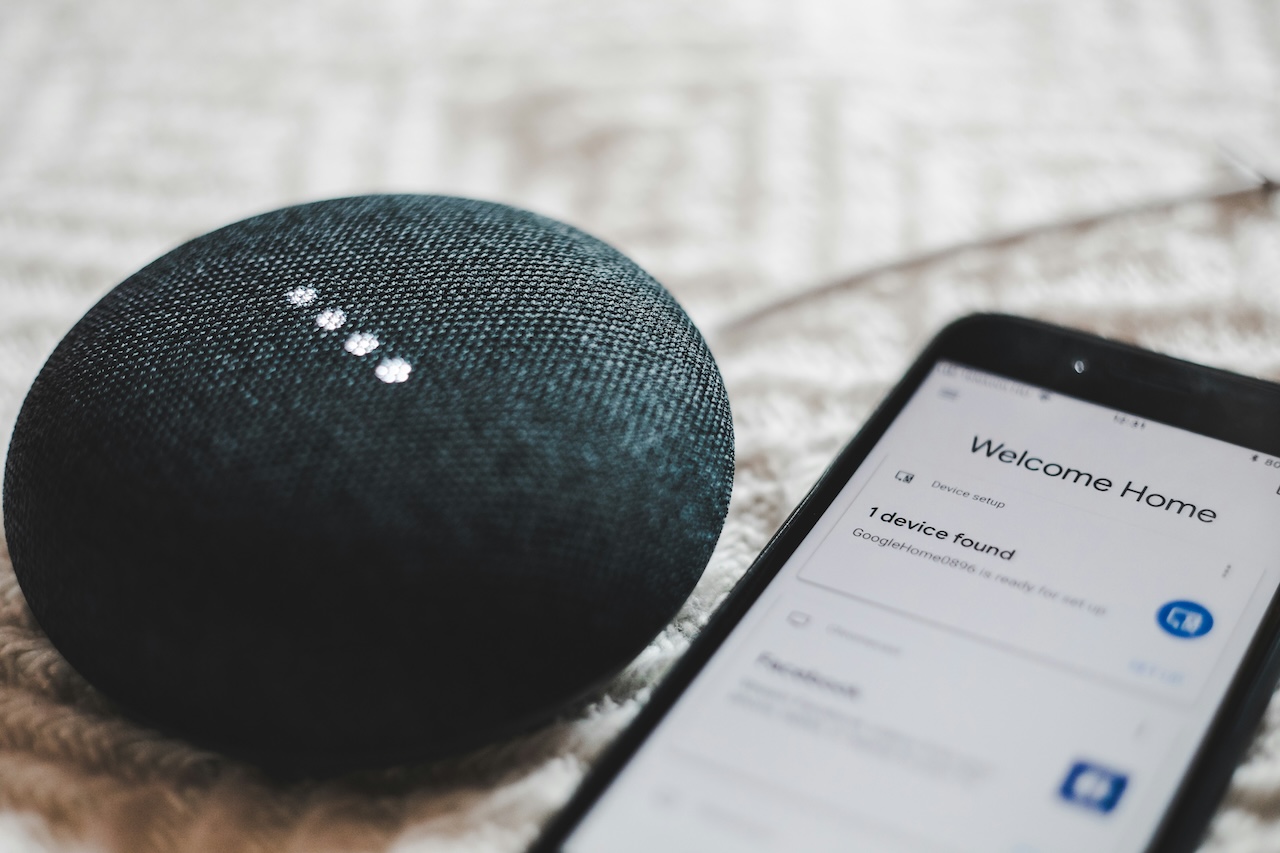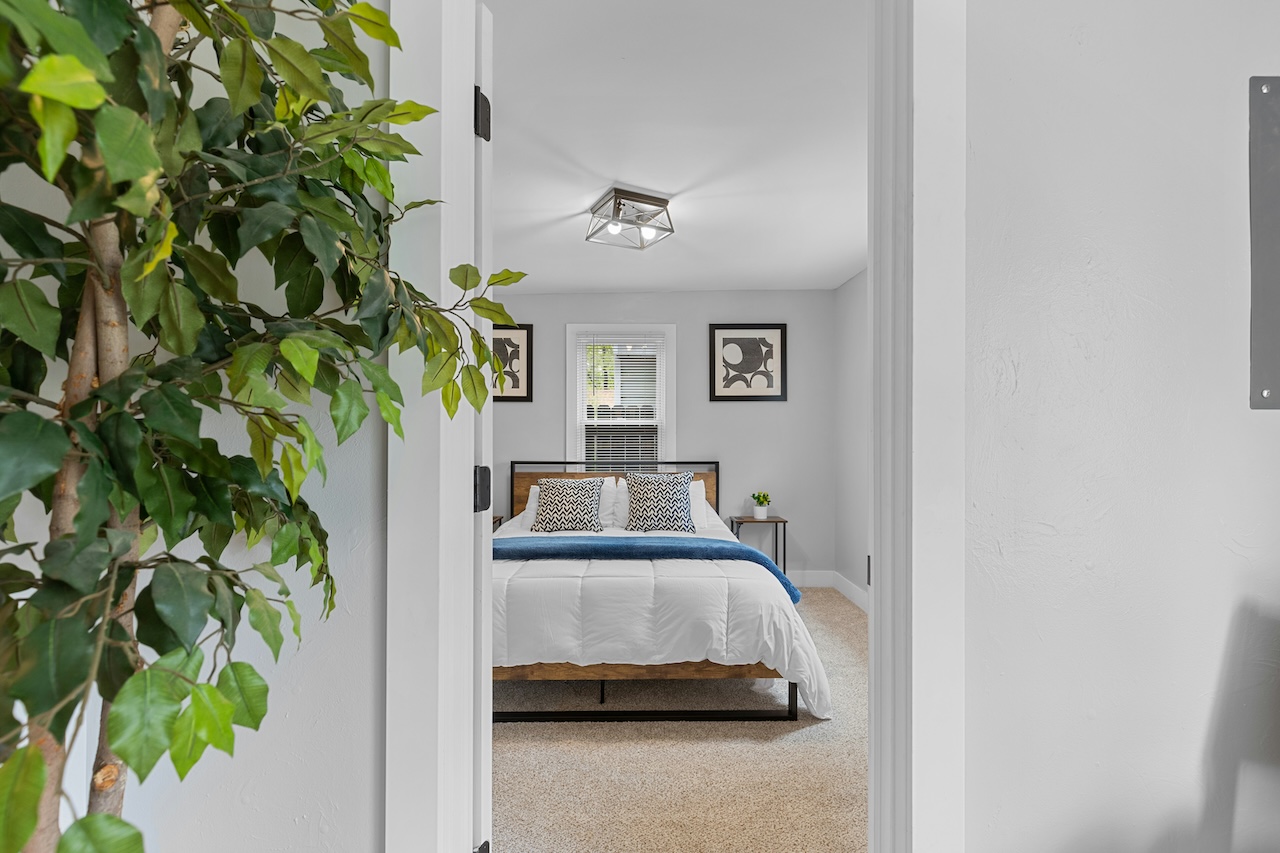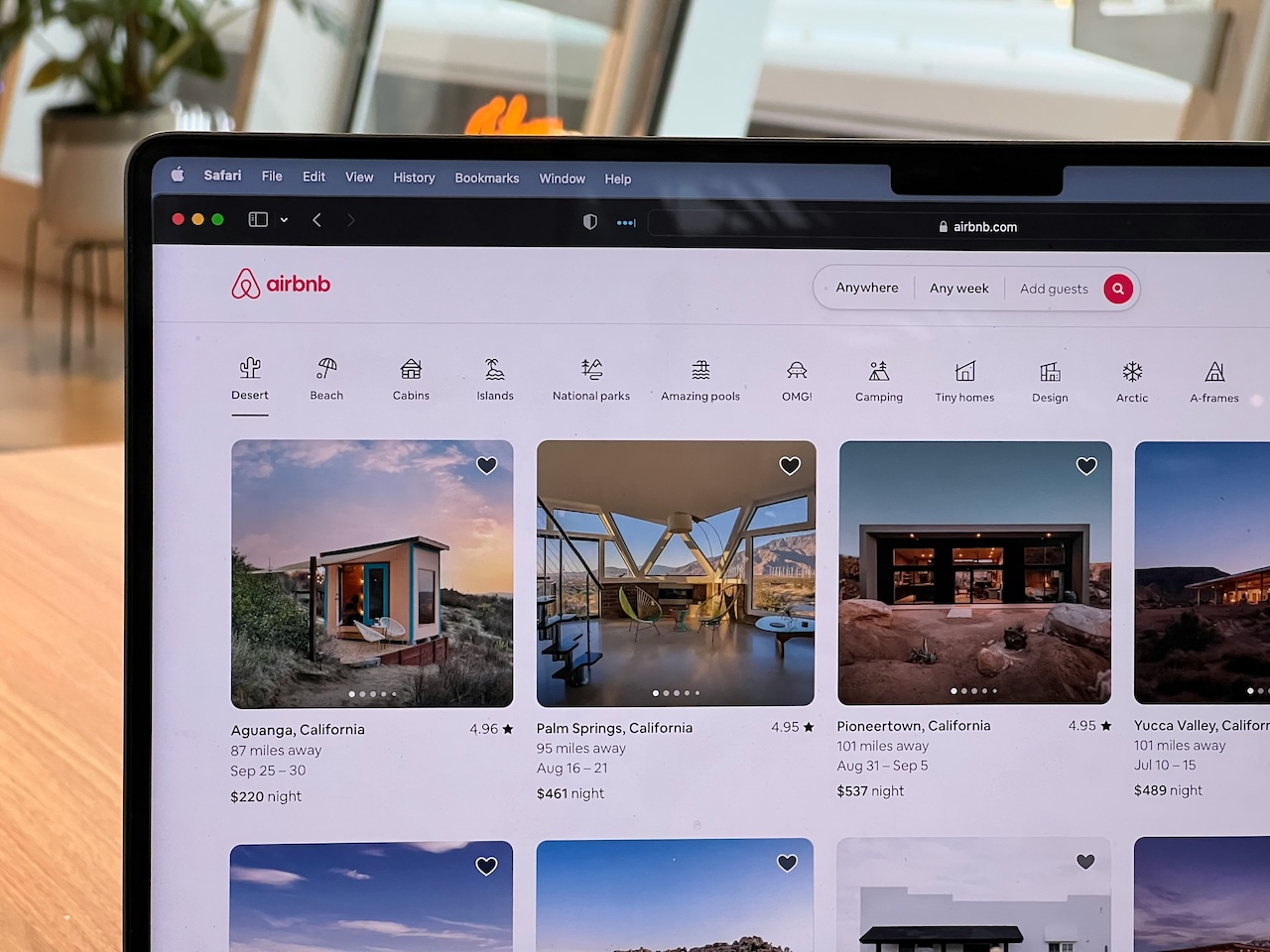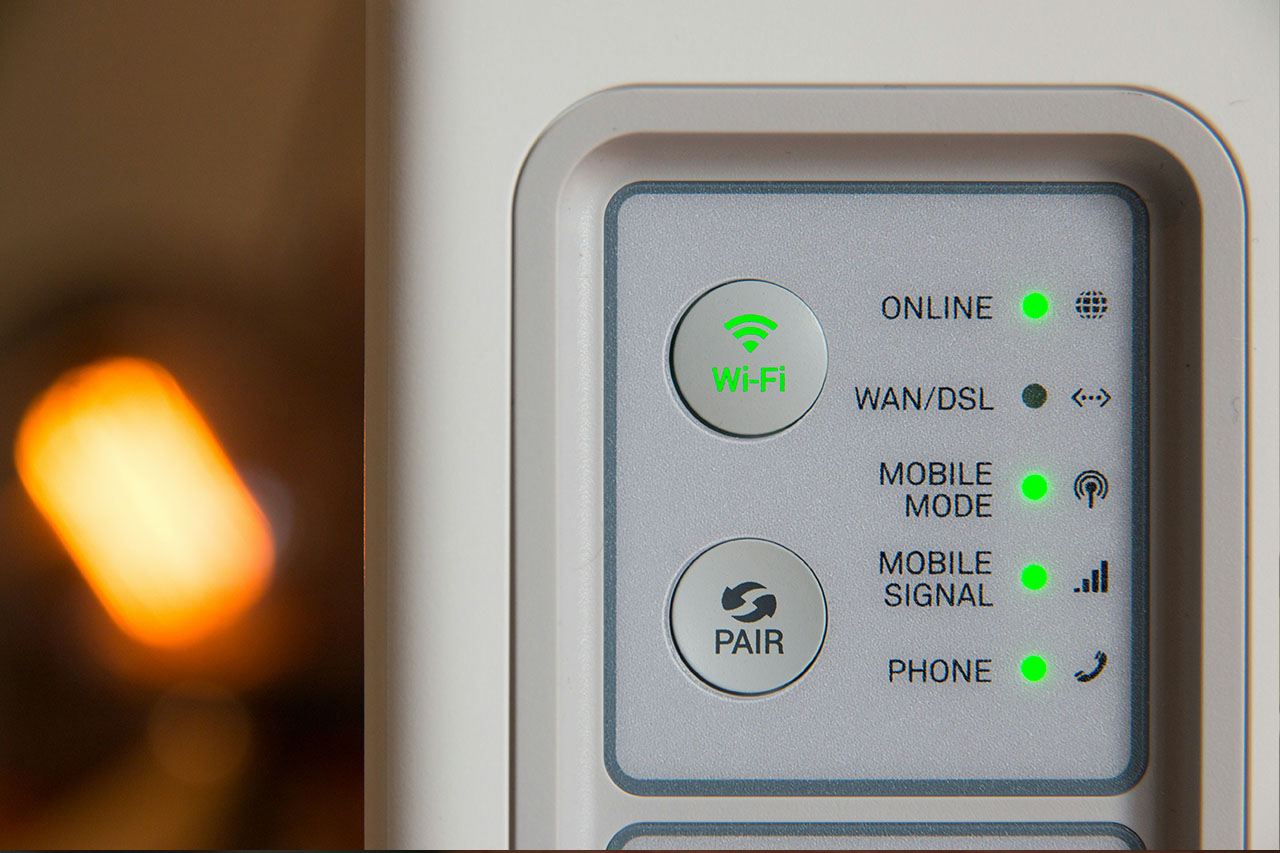The smart-lock world is in the middle of a shake-up. Manufacturers are rapidly releasing Matter-compatible locks while phasing out the tried-and-true Z-Wave and Zigbee models that defined the first decade of smart-home automation. On paper, Matter is supposed to unify everything — a single language for every device and platform.
In reality, we’re not there yet. As of January 2026, most Matter locks still can’t do what hosts and homeowners need most: automate reliably, report lock-code changes, and maintain long battery life. Platforms like SmartThings and Google Home are still finalizing their Matter APIs, meaning critical functions simply aren’t accessible.
Meanwhile, Z-Wave keeps quietly doing what it’s always done best — secure communication, solid battery performance, and reliable automation without monthly fees. It’s the backbone of many professional property setups for a reason.
TL;DR
If you manage short-term rentals, or simply want a dependable system that just works, Z-Wave remains your safest and smartest choice right now. Let’s break down how each protocol — Wi-Fi, Z-Wave, Zigbee, Matter, and Bluetooth — stacks up in early 2026, and why the new tech still hasn’t dethroned the old champion.
The Smart-Lock Market in Flux
We’re in a strange transitional period. Manufacturers are racing to launch new Matter-compatible devices, but the old standards — Z-Wave, Zigbee, Wi-Fi, and Bluetooth — aren’t going away overnight. In fact, Z-Wave remains the most reliable, mature, and host-friendly choice for short-term-rental owners and smart-home enthusiasts alike.
Let’s look at the different types of protocols used for smart locks and the pros and cons of each.
Wi-Fi Smart Locks
Pros
- Easiest setup — no extra hubs or radios needed
- Broad availability and wide platform support
- Great app experiences and remote access out of the box
Cons
- Short battery life — often 3–6 months in real-world use
- Higher operating costs — some brands now charge for “cloud access” or “remote unlock” features
- Potential security exposure — since locks live directly on your home Wi-Fi network
Verdict: Wi-Fi locks are convenient but not ideal for short-term rentals or remote hosts. Their poor battery life and growing subscription models make them expensive and maintenance-heavy.
Z-Wave Smart Locks
Pros
- Proven and reliable — Z-Wave has powered smart-home devices for over a decade
- Excellent battery life — Z-Wave locks routinely achieve 12–18 months, making them far better suited to short term rental management.
- Secure mesh network — separate from guest Wi-Fi and your internet connection
- Low to no monthly cost — local communication means no cloud fees
Cons
- Requires a Z-Wave hub (e.g., SmartThings, Hubitat, Home Assistant)
- Slightly steeper learning curve to set up
Verdict: Z-Wave is still the best overall smart-lock technology in 2026. It’s efficient, secure, and compatible with dozens of automation platforms. The need for a hub is minor compared to the reliability and longevity you gain.
Zigbee Smart Locks
Pros
- Solid mesh technology similar to Z-Wave
- Decent performance in mixed-vendor environments
Cons
- Limited availability — most major brands have abandoned Zigbee locks
- Not optimized for battery life compared to Z-Wave
- Poor long-term support as the industry shifts to Matter
Verdict: Zigbee is on its way out for smart locks. It’s still common in sensors and bulbs, but for door locks, it’s a dead end.
Matter Over Thread Smart Locks
Quick distinction:
Matter over Wi-Fi → uses your home Wi-Fi for Matter connectivity (best for powered devices)
Matter over Thread → uses a low-power mesh network ideal for locks, sensors, and switches
Pros
- Low-power mesh network (similar to Z-Wave)
- Future interoperability across Apple Home, Google Home, Alexa, and SmartThings
Cons
- APIs not yet open — SmartThings, Google Home, and others do not have APIs needed for automation yet, or they are “proposed” and do not function correctly yet.
- No third-party automation for lock-code syncing or access control
- Limited real-world support — devices exist, but the ecosystem isn’t ready
Verdict: Matter over Thread has enormous potential, but it’s not there yet. You can pair locks locally, but can’t yet automate them reliably — making them risky for short-term rental automation.
Bluetooth Smart Locks
Pros
- Cheap and simple for personal use
- Works without Wi-Fi or hubs
Cons
- No remote access or automation
- Short range — requires proximity to your phone
- Not scalable for property managers or remote hosts
Verdict: Bluetooth locks are fine for a single-family home, but unsuitable for short-term rentals or automation.
🔋 Why Battery Life Matters Most for Rental Hosts
If you manage properties remotely, battery life isn’t just a convenience — it’s a business necessity. A dead lock battery means stranded guests, extra resources spent towards support, emergency trips, and poor reviews.
Even for local managers, 3–6 month battery cycles (typical for Wi-Fi locks) are not sustainable. Z-Wave locks routinely achieve 12–18 months, making them far better suited to unattended properties.
📡 Current State of Matter-Lock Integration (Jan 2026)
Ideally we’d be able to start recommending Matter Over Thread smart locks now, but we’re just not there yet. Based on our research, here is what we’ve found the status of Matter Over Thread compatibility as of the writing of this article:
- SmartThings: Lock-code APIs remain in “proposed” status; don’t function as expected, and there’s no status or webhook capabilities to verify programming.
- Google Home: No official support yet for lock-code or automation feedback.
- Amazon Alexa: Can control Matter locks but lacks developer hooks.
- Apple HomeKit: Works locally but doesn’t expose programmatic access to lock-code changes.
Bottom line: No platform yet provides full Matter lock-code management. Until they do, Z-Wave remains the only reliable way to sync, automate, and manage short-term-rental access.
Recommended Smart Locks (Jan 2026)
✅ Top Pick: Yale Assure Lock 2 (Z-Wave)
A proven, widely supported lock that delivers excellent battery life and full smart-home compatibility. We also think that eventually Yale is likely to release a Matter upgrade module, making it a safe long-term investment. Even if they don’t, Z-Wave will continue to be supported for the foreseeable future. Read more about why we think the Yale Assure Lock 2 is the best smart lock for your short-term rental.
Interesting Contender: eufy Smart Lock C34
This lock supports both Wi-Fi and Matter (Thread) and runs on eight AA batteries, doubling available power. While it’s not the best for strict automation setups yet, it’s a fascinating hybrid option that may bridge today’s and tomorrow’s standards.
Final Recommendation
Stick with Z-Wave for smart locks for the time being. It’s the only protocol that offers:
- Long, predictable battery life
- Mature automation support
- Proven reliability
- Local security without recurring cloud fees
Matter will eventually take over and we have started recommending it for other devices — but not smart locks in 2026. For real-world reliability today, Z-Wave still rules for smart locks.
Check out our full list of recommended devices to use at short-term rentals

